Chlorine (Cl) is a naturally occurring chemical element that is used in both drinking and recreational water to protect us from contaminants such as bacteria, parasites, algae, and viruses.
Most people think of green or cloudy pools when they think of low chlorine in their pools (or spas), but improperly treated water can allow germs such as E. coli and Salmonella to flourish and pose serious health risks for swimmers.
Germs are introduced into pools (and spas) by various methods, two most common being bodily fluids (perspiration, saliva, mucus, and urine), and insects or pests.
Chemically speaking, Chlorine is a diatomic molecule (Cl2), a molecule composed of two atoms.
It is a yellow-green gas at room temperature and it is an extremely reactive element.
It has a strong oxidizing potential, which is why it is so effective as a disinfectant.
For water treatment, chlorine is in the form of hypochlorous acid (HOCl). Thi molecule acts by attacking cell walls and destroying the enzymes and structures inside the cells of germs, which in turn kills the nasty microorganisms that can ruin your pool (or spa) experience.
What Form(s) Does Chlorine Come In And How Do I Use It?
The sanitizing agent in Cl water treatment is hypochlorous acid (HOCl) and it is typically delivered through five types of compounds (trichlor, dichlor, calcium hypochlorite, sodium hypochlorite, and lithium hypochlorite) with different forms and application methods.
Each has pros and cons and you should choose according to your specific needs.
Tri-Chlor (Trichloro-s-triazinetrione) – Tablets
Comes in Tablet (most common), granular, and powder form and can be used to maintain chlorine levels and as a shock (different from the 3 inch chlorine tablets) Typically used for outdoor applications.
Pros of Tri-Chlor
- A very strong sanitizer.
- Powdered form dissolves fast and tablets dissolve slowly.
- Has a long shelf life (1 to 2 yrs).
Cons of Tri-Chlor
- Very volatile and can explode if mixed with Cal-Hypo. If you use a tablet feeder you should use only one or the other and DO NOT mix Tri-Chlor and Cal-Hypo as this could cause a fire, explosion, and also release toxic fumes.
- It can stain or rust your pool surface if allowed to sit directly on the floor of your pool or other surfaces.
- Stabilizer in tablets can accumulate and reduce chlorine effectiveness over time.
Di-Chlor (Sodium Dichloro-S-Triazinetrione)
Comes in granular form. Typically used for outdoor applications.

Pros of Di-Chlor
- pH neutral.
- Fast dissolving.
Cons of Di-Chlor
- Stabilizer in tablets can increase cyuranic acid concentration and reduce chlorine effectiveness more quickly.
Liquid Chlorine (Sodium Hypochlorite)
Typically comes in various concentrations from 3% – 12.5% and is packaged in 1-gallon jugs but can sometimes be purchased in large bulk quantities such as 5-gallon carboys or drums. Used for both indoor and outdoor applications.
Pros of Liquid Chlorine
- Acts fast.
- Easy to apply.
- Contains no additives such as stabilizer or calcium.
Cons of Liquid Chlorine
- Shorter shelf life.
- Can damage clothing due to splashing.
- It is bulky, takes a lot of space, and handling can be inconvenient.
- Hassle of having to dispose of bulky jugs (look into refilling containers for environmental conservation).
Cal-Hypo (Calcium Hypochlorite)
Comes in granular form and is typically used as a shock, but also comes in tablets. Used for both indoor and outdoor applications.
Pros of Cal-Hypo
- Easy to use.
- Does not contain a stabilizer.
- One of the most widely used forms of shock.
Cons of Cal-Hypo
- Very slow dissolving and can cause cloudiness if added directly into the water.
- Contains calcium so constant use will raise calcium hardness and cause cloudiness and scaling.
Lithium Hypochlorite
Not as widely used as other forms of chlorine and can be difficult to locate. Used for both indoor and outdoor applications.
Pros of Lithium Hypochlorite
- Does not contain stabilizer or calcium.
- Very fast-dissolving.
Cons of Lithium Hypochlorite
- More expensive than other forms of chlorine.
Safety Information About Chlorine
You should always read and follow all safety precautions on the product labels. Keeping your pool (or spa) safe means keeping yourself and others around you safe while maintaining your chemistry and your equipment. Some common recommendations include:
- Wearing protective gear such as gloves and eye protection.
- Store chemicals in ventilated areas and separate from one another to avoid chemical reactions from leaks.
- Do not mix chemicals.
See this informative video for some more great tips on pool chlorine safety.

